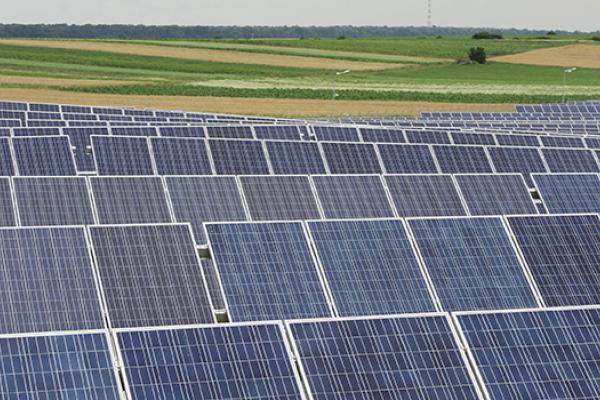Although solar energy is celebrated as the fastest-growing renewable source in the EU, our research suggests that this growth often masks conflicting interests that challenge the principles of a fair and sustainable energy transition. Through case studies in Catalonia and the Italian regions of Veneto, Lombardia, Tuscany, and Lazio, we analysed how large-scale photovoltaic (PV) developments are reshaping rural landscapes, frequently to the detriment of local communities and small-scale agriculture.
The case studies in Catalonia and northern Italy focus on projects promoted by Shell and BP, companies investing modestly in solar ventures while at the same time reducing their renewable commitments and reinforcing their fossil fuel operations.
Our investigation uncovered common tactics: splitting projects to evade full environmental scrutiny, opaque land acquisition processes, and a lack of meaningful public consultation — violating principles enshrined in the Aarhus Convention. This exclusion erodes trust, fuels local conflict, and undermines the legitimacy of the ecological transition.
Across all case studies, three key themes emerge:
- Lack of a systemic and coordinated vision for renewable energy development in both Catalonia and Italy.
- Violations of the Aarhus Convention, denying citizens proper participation in decisions impacting their environment.
- A rush for public incentives, prioritizing rapid construction over thoughtful planning about the location, social impacts, and long-term sustainability of the projects.
In conclusion, our findings suggest that without stronger regulation, greater transparency, and genuine community participation, the solar boom risks repeating the same extractive, top-down models historically associated with the fossil fuel industry — ultimately jeopardizing a just and sustainable energy transition.
Photo credit: Teresa Di Mauro








